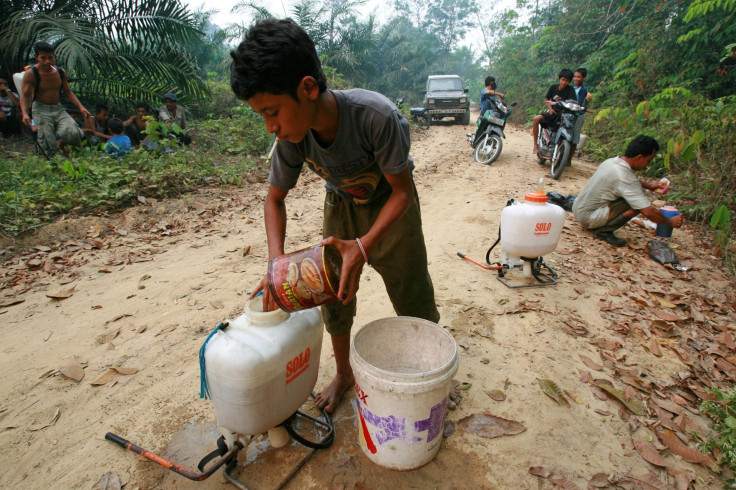Study: Residential pesticides increase cancer risk in children

Certain pesticides typically used in homes may be linked with a higher risk of blood cancers among children, a new study claims. The researchers, which pooled 16 international studies conducted between 1993 and 2013, analysed children’s exposure to three types of pesticides: indoor insecticides, outdoor insecticides and herbicides. The largest of the studies included nearly 1,200 children with cancer who were compared with a healthy group of kids.
The findings reveal that children who had been exposed to indoor insecticides were 47 percent more likely to be diagnosed with childhood leukemia than those who had never been exposed. They were also 43 percent more likely to be diagnosed with childhood lymphoma.
Meanwhile, kids who had been exposed to herbicides were also 26 percent more likely to be diagnosed with childhood leukemia than those who had never been exposed. However, the researchers did not find a link between the use of outdoor insecticides and childhood cancers, according to the analysis.
There were previous studies which also suggested that the use of pesticides may affect children’s health more than adults’ health. This is because the immune systems of children are still developing and may provide less protection than adult immune systems.
According to the authors of the new analysis, children’s bodies "may be less able to detoxify and excrete pesticides than those of adults.” The researchers also cited that in earlier investigations, children were shown to experience acute toxic effects on their respiratory, gastrointestinal, nervous and endocrine systems as a result of exposure to pesticides at home or school.
Childhood cancer is deemed rare and is believed to happen due to chance, unlike adult cancers which arise after decades of lifestyle choices and environmental exposures, says Dr Ziad Khatib, a pediatric oncologist at Nicklaus Children’s Hospital in Miami. However, Khatib says that with the new study and the previous researches that tie pesticides with certain childhood cancers, it’s biologically plausible that the chemicals could contribute to cancer in certain vulnerable children.
In the study that appeared in the journal Pediatrics, author Chensheng Lu of Harvard T.H. Chan School of Public Health in Boston, Massachusetts, reminds parents that pesticides are designed and manufactured to kill organisms and should not be used in the vicinity of kids. Because the use of pesticides is increasing, “public health policies should be developed to minimise childhood exposure to pesticides in the home,” the researchers wrote. They also recommended for parents, teachers and doctors to learn about common types of pesticides and labeling information as well as the potential health effects of these chemicals. “Every effort should be made to limit children's exposure to pesticides,” the researchers noted.
Contact the writer at feedback@ibtimes.com.au or tell us what you think below.





















